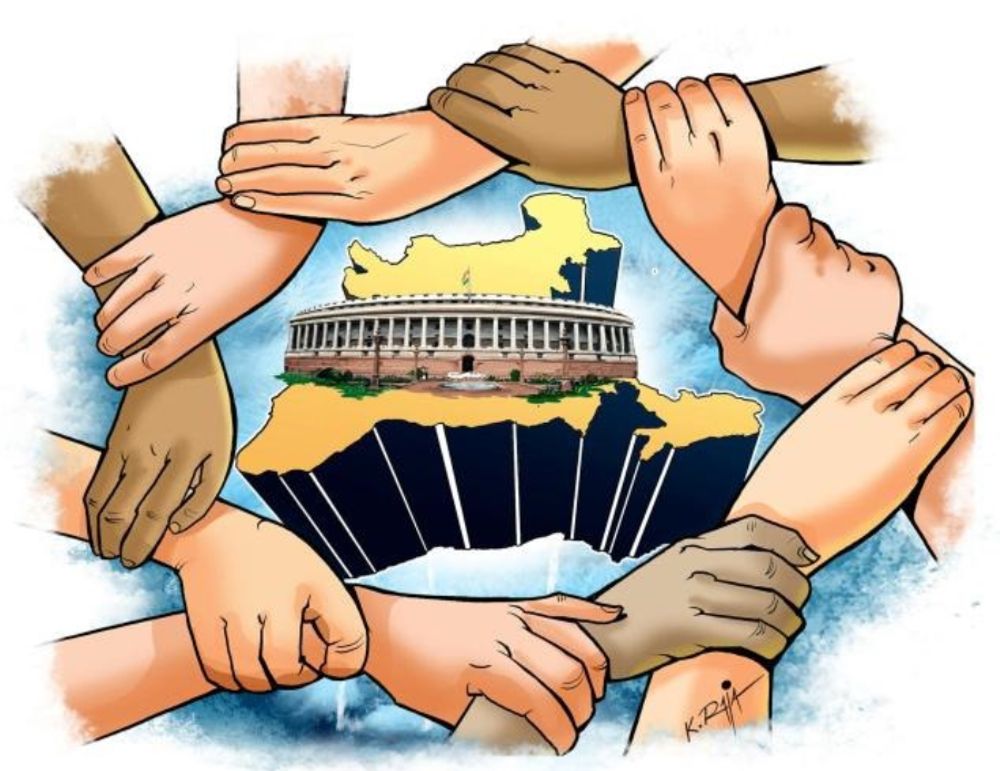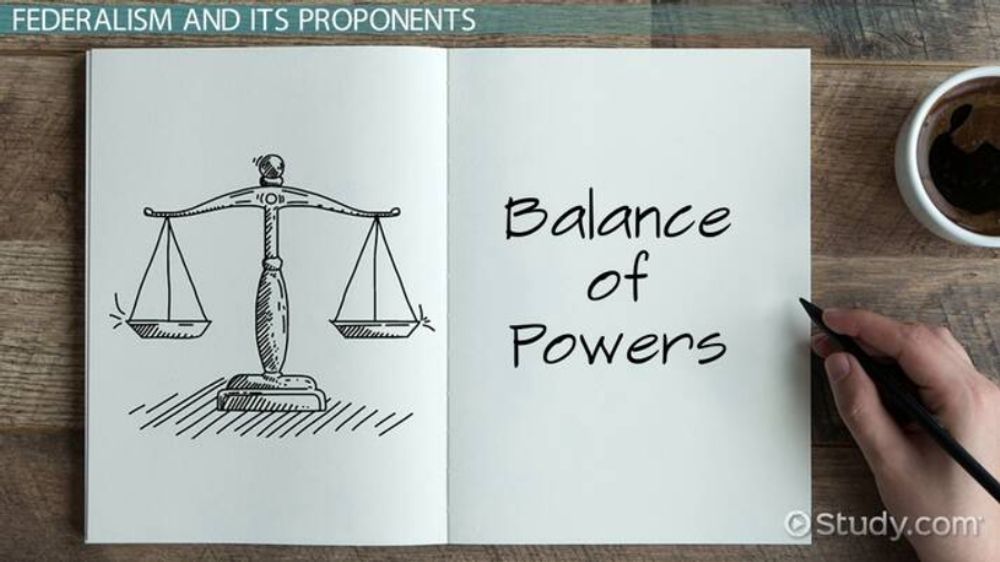

Federalism is a system of power sharing between communities which allows them to stay together without a fear of one culture being imposed on others. Federalism is necessary in a large and diverse country like India.

Basically, the features of federalism are
1. Presence of government at least two levels
· Union level which is also called central/National/Federal level.
· State level which is also called province level.
2. Division of work or function and powers between governments – In India this has been done by making three list mentioned in 7th schedule of constitution of India I.e., Union list, state list, concurrent list.
3. Division of sources of revenue I.e., taxation powers.
4. Upper House of parliament.
5. A written and rigid constitution.
6. The federal feature of constitution cannot be amended by parliament unilaterally.
so these are the basic feature of federalism.

A Federalism system can come into existence into two ways.
1. When independent states come together by an agreement.
For example: - USA, Australia, Switzerland etc. they are called coming together federation. Here center and state have similar powers.
2. When states are created as a method of power sharing.
for example: - India, Spain, Britain etc. They are called holding together federation. Here, center is more powerful than states.

*Indian federalism is often called a semi-federal or Quasi-federal system. The word federalism has not been used anywhere in Indian constitution. It has been done because of the centrifugal tendencies Which are prevailing in some part of India after independence.
The features which make India as quasi- federal are: -
1.Single constitution- India has the longest constitution in the world.
2.Single citizenship- India has no dual citizenship system which is mostly prevalent in USA etc.
3.Parliament has power to recognize state in India according to the Article-3 of the constitution.
4.Union list has more subject.
5. Integrated Judiciary (State do not have Supreme Court. There is only one Supreme Court in all over India.) in India supreme court is the supreme of all other courts.
6. Existence of emergency features in our constitution. There are 3 types of emergencies imposed by president of India.
· National emergency (in Article- 352 of Indian constitution).
· Financial emergency (according to article- 360 president imposed financial emergency in India).
· Failure of constitutional machinery in a state also known as president’s rule (Article- 256 is about the failure of constitutional machinery emergency).
Thank you🙏🇮🇳
Hope u all enjoy this article
























